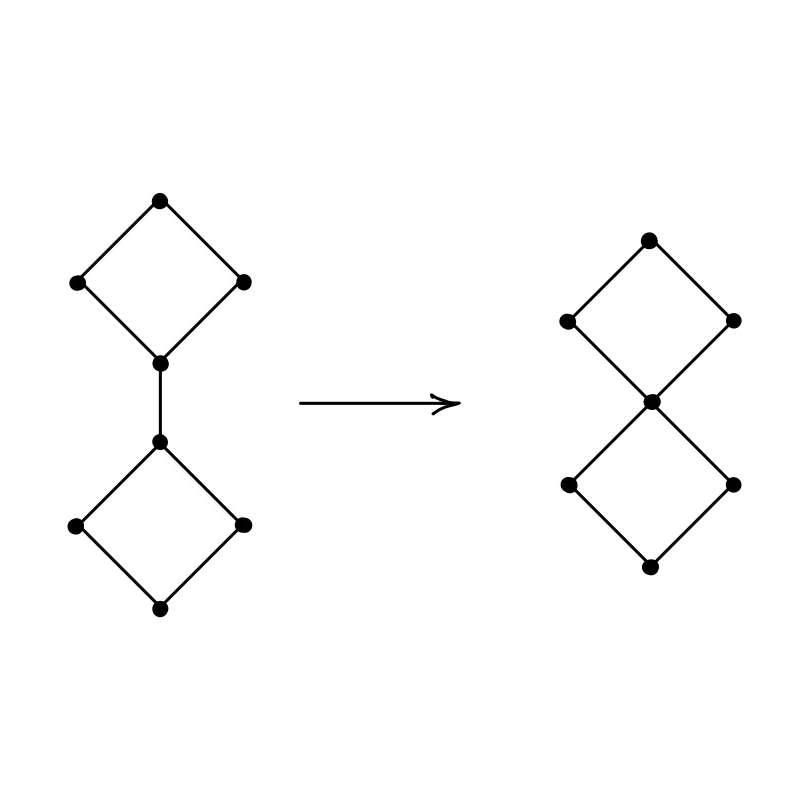Is it possible to classify all varieties (in the sense of universal algebra) where every algebra is projective?
Several years ago I asked a similar question, with "free" in place of "projective". It turned out it had been answered by Steve Givant in his 1975 thesis, but a variant question I threw in as an afterthought was still open -- to classify all varieties where every finitely-generated algebra is free. Keith Kearnes, Emil Kiss, and Agnes Szendrei were able to give a classification. In both cases (with or without the finite-generation condition in the hypothesis) the answer is the same: the only such varieties are sets, pointed sets, vector spaces over a division ring, and affine spaces over a division ring.
So now I'm feeling a little greedier, and want to relax freeness to projectiveness. I think that now the "finitely-generated" and "infinitely-generated" cases will diverge. For instance, every finitely-generated Boolean algebra is projective, but not every Boolean algebra is projective. As pointed out by Keith Kearnes below, every finite Boolean algebra is projective except for terminal algebra (the corresponding statement under Stone duality is that every finite set is injective except for the empty set). So it's possible there's no divergence here. On the other hand, if "finitely-generated" is weakened to "finitely-presented", then as observed by Jeremy Rickard in the comments, we start seeing modules over general von Neumann regular rings, so in this direction things do start to change.
There are also at least two notions of projectivity to consider -- projectivity means that an algebra lifts against all epimorphisms, whereas regular-projectivity means that it lifts against all regular epimorphisms (i.e. surjections). As pointed out by Benjamin Steinberg in the comments, it really makes most sense for us to use the regular-projective versions (and there are too many questions on this question anyway) so let's focus exclusively on the "regular-projective" versions of the question:
Question 1': For which varieties is it the case that every algebra is regular-projective?
Question 2': For which varieties is it the case that every finitely-generated algebra is regular-projective?
Question 3: For which rings is the the case that every finitely-generated module is projective?
I'm pretty sure that a ring $R$ has all modules projective if and only if $R$ is a finite product of finite-dimensional matrix algebras over division rings by the Artin-Wedderburn theorem. Projectivity and regular-projectivity coincide in the abelian setting.
So the guess would be that for Question 1, the only varieties are finite products of those varieties where every algebra is free (i.e. of sets, pointed sets, algebras over a division ring, and affine spaces over a division ring) or varieties whose categories of algebras are equivalent to such (although perhaps a syntactic characterization of this condition is nontrivial?). For Question 2 and Question 3 I suspect there might be more interesting examples, which I'd like to hear about even if a classification is out of reach.
Just to be sure we're on the same page (since there are equivalent definitions of "projective" in the abelian case which are inequivalent in general), I say that $P$ is projective if for every epimorphsim $A \twoheadrightarrow B$ and every homomorphism $P \to B$, there exists a map $P \to A$ making the obvious triangle commute. This implies that every epimorphism splits, but I think the converse does not hold. "Regular projective" is the same, but with $A \twoheadrightarrow B$ assumed to be surjective.

